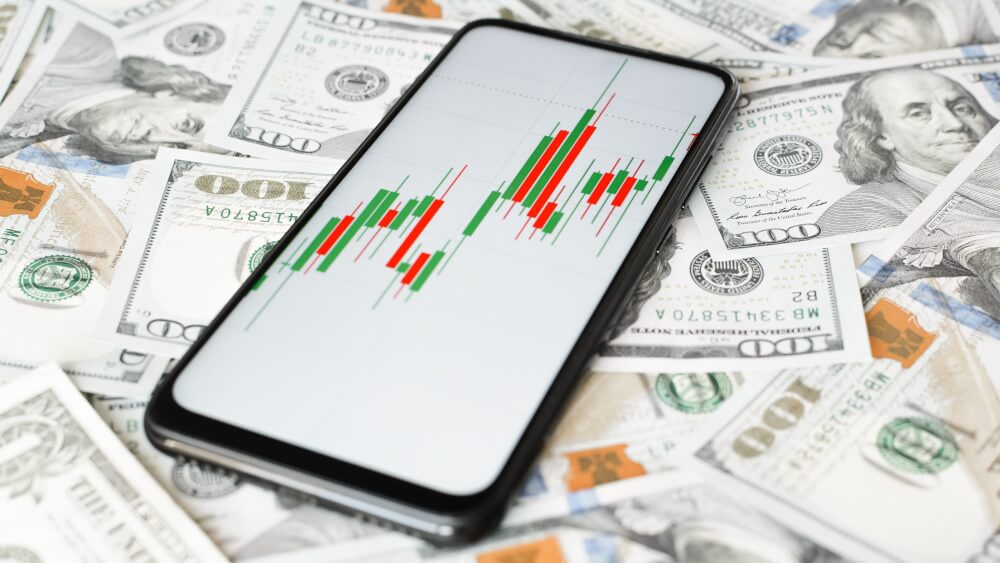Blog

Navigating Forex Broker Fees: Understanding the True Cost of Trading
Understanding forex broker fees is essential for every trader, as these costs can significantly affect trading profitability. While the costs to trade Forex have never been lower, they can add up for active traders. This article aims to demystify forex broker fees, helping traders comprehend the various types of charges they may encounter and strategies to minimize these costs for an efficient trading experience.
The Importance of Understanding Forex Broker Fees
The forex market is a decentralized, highly liquid market where currencies are traded. Forex brokers act as intermediaries that enable traders to access this market. To provide this service, brokers charge various fees, constituting a significant part of the trading costs.
The fees can directly impact your trading outcome, eating into your profits or adding to your losses. Therefore, understanding and managing these fees is critical to a successful trading strategy.
Types of Forex Broker Fees
Forex broker fees come in several forms, each with its unique characteristics:
Spreads
The spread is the difference between a currency pair's bid (selling) price and the ask (buying) price. It is one of the primary ways forex brokers make money. For a dealing desk broker, they look to capture the difference between the buying and selling prices they offer. In contrast, a non-dealing desk broker will not profit from the spread and charge a commission. Spreads can be fixed or variable, with the latter often widening during periods of high market volatility.

Commissions
Some brokers, called non-dealing desk brokers, charge a commission on trades. This is typically a fixed amount per lot traded and is more common with ECN (Electronic Communication Network) and STP (Straight Through Processing) brokers. Commissions are usually charged in addition to the spread.
Swap Fees
Also known as rollover fees, swap fees are charged when a trade is kept open overnight. The interest paid or earned for holding a currency pair position overnight is based on the differential between the two currencies' interest rates. Brokers can charge a margin on top of the interest rate to earn a profit.
Deposit/Withdrawal Fees
Some brokers may charge fees for depositing or withdrawing funds from your trading account. These fees can vary based on the payment method used.
Inactivity Fees
Some brokers charge an inactivity fee if an account remains inactive for a certain period. The definition of inactivity and the fee amount can vary from broker to broker.
How to Navigate Forex Broker Fees
Knowing the different types of fees is just the first step. Traders must also learn how to navigate these fees effectively. Here are some strategies:
Choose Your Broker Wisely
The first step in managing trading costs is choosing a broker with a transparent, competitive fee structure. Be sure to understand all potential charges before opening an account.

Understand the Trading Environment
Spreads can widen during times of high market volatility or low liquidity. Being aware of market conditions can help you anticipate changes in spread costs.
Manage Your Trades
Consider the implications of keeping trades open overnight and the resulting swap fees. These costs can add up if you frequently trade on a short-term basis.
Stay Active
Avoid inactivity fees by ensuring regular trading activity on your account.
Plan Your Deposits/Withdrawals
Try to minimize deposit and withdrawal fees by planning your cash flow effectively. Consolidate withdrawals where possible to avoid multiple transaction charges.
Conclusion
Understanding and managing forex broker fees are crucial for every trader. While these costs might seem small on a per-trade basis, they can significantly impact trading profitability over time. By choosing a broker with a competitive and transparent fee structure, staying informed about market conditions, managing trades effectively, and planning cash flows, traders can navigate the cost landscape more efficiently, enhancing their overall trading performance. Remember, successful trading is not just about making profitable trades; it's also about effectively managing the costs associated with trading.




